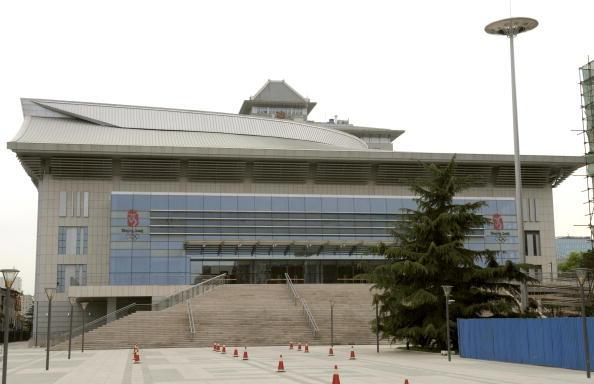A video clip has recently gone viral in China: in a speech given by Lin Jianhua, president of Peking University, at the prestigious school’s 120th birthday celebration, Lin was visibly struggling to read a couple of common Chinese idioms. Ironically, the president later explained that he did not receive a basic education due to the Cultural Revolution.
Peking University’s 120th anniversary occurred on May 4. More than 10 high-level Communist Party officials, in addition to presidents from 116 well-known universities in 44 countries and 130 universities in China attended the celebration held at the university’s gymnasium.




